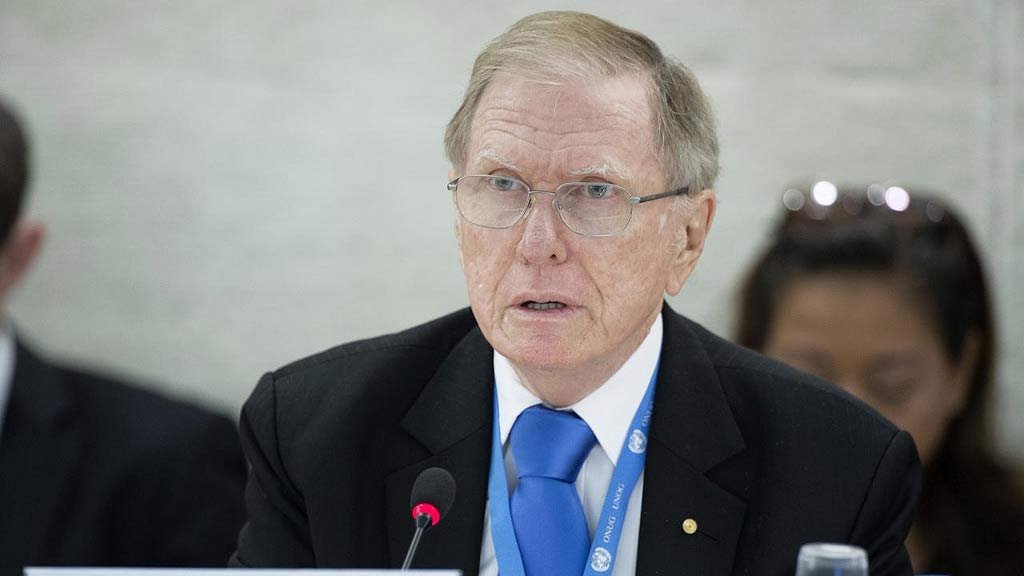By Darrin Simmons
Impunity Watch Reporter, Middle East
DAMASCUS, Syria-Two bombings in Syria killed at least 39 people in the latest surge in violence, early Thursday morning. Meanwhile al-Qaeda attacked a border town near Turkey after killing and expelling fighters from the main opposition armed group.

Activists said 20 people were killed in a car bombing of a government building in the town of Zamalka, near the capital Damascus. While another roadside bomb in a village near central Homs province killed 19 people.
Following these recent attacks, U.S. Secretary of State John Kerry urged the United Nations to push past the Syrian “stalemate” and act on the atrocities plaguing the country. Kerry relied on the “definitive” UN report proving Syrian involvement in recent chemical weapons attacks.
“Now the test comes. The Security Council must be prepared to act next week,” Kerry said. “It is vital for the international community to stand up and speak out in the strongest possible terms about the importance of enforceable action to rid the world of Syria’s chemical weapons.”
Kerry has also turned to the international community, urging China to play a “positive, constructive” role at the UN on a resolution to strip Syria of its chemical weapons. However historical proceedings are not on his side.
Both China and the U.S. have “disagreed sharply” on how to properly deal with Syria’s chemical weapons. In the past Beijing, similar to Washington as a veto-wielding permanent member of the UN Security Council, has blocked resolutions seeking to condemn the regime during the vicious civil war.
Further, Kerry stated, “I would say to the community of nations, time is short. Let’s not spend time debating what we already know. We really don’t have time today to pretend that anyone can have their own set of facts approaching the issue of chemical weapons in Syria. This fight about Syria’s chemical weapons is not a game.”
According to UN reports, nearly 100,000 people have died due to the conflict while millions have fled the country or become homeless. “Neither the armed opposition nor the regime is capable of defeating the other side,” said Qadri Jamil, Syria’s deputy prime minister in referencing the current “stalemate”.
“We have to recognize that the world is watching to see whether we can avert military action and achieve through peaceful means the destruction of Syria’s chemical arms stocks,” stated Kerry in his final plea for the UN to issue a binding resolution on Syria’s chemical weapons next week.
For more information, please see the following:
Aljazeera-Kerry urges UN to act on Syria chemical arms-September 19, 2013
BBC-Syria crisis: Minister says civil war has reached stalemate-September 19, 2013
Reuters-Putin sees hope in Syria deal; Kerry says it’s vital U.N. acts-September 19, 2013
Sky News-Kerry urges UN to act on Syria next week-September 19, 2013
